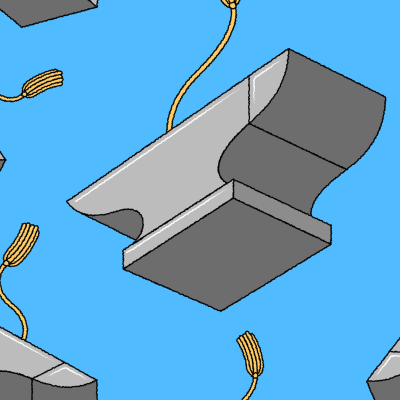Improving your credit score is essential for securing better financial opportunities, especially for those with low scores. A higher credit score can lead to lower interest rates on loans, better rental agreements, and more favorable credit card offers. In fact, studies show that consumers with excellent credit scores can save thousands annually compared to those with poor scores. This emphasis on credit score improvement highlights the importance of understanding how your credit history affects financial choices. One effective way to enhance your credit score involves making on-time payments, as 35% of your score is based on payment history. For more tips and insights, refer to resources from Experian.
Understanding Credit Scoring Models
To effectively achieve credit score improvement, it is crucial to grasp how credit scoring models function. The most widely used scoring model is FICO, which ranges from 300 to 850. Any score below 580 is typically viewed as poor, which can limit your financial options. Factors that influence your score include payment history, total debt, credit history length, and types of credit used. By focusing on these areas, you can strategically improve your score. For further reading, explore the government resource on improving credit at USAGov.
Effective Strategies for Improving Your Credit Score
There are various strategies to promote credit score improvement. Firstly, always make timely payments, as late payments can significantly impact your score. Secondly, aim to reduce credit utilization—ideally below 30% of your total credit limit—to improve your score further. Avoid applying for new credit cards excessively, as this can lead to hard inquiries that slightly lower your score. Additionally, regularly check your credit report for errors, as correcting these can provide immediate benefits. Consult the comprehensive tips on credit scores from Federal Reserve for expert insights.
📊 Key Information on Credit Improvement
- Utilization Rate: Aim for less than 30%
- Credit Age: Older accounts have a positive impact
Monitoring and Maintaining Your Credit Score
Maintaining an improved credit score involves continuous monitoring. Use free credit monitoring services to keep an eye on your score changes and alert you to any suspicious activities. Regularly reviewing your credit report—at least annually—provides insights into areas needing attention. If you encounter issues, consider discussing options with a financial advisor to create a tailored plan for ongoing improvement. For guidelines on maintaining your score, visit MoneyHelper.
Key Takeaways and Final Thoughts
In summary, achieving credit score improvement requires a multi-faceted approach, focusing on timely payments, reducing debt, and monitoring your credit regularly. These important practices can lead to significant savings and better financial opportunities in the long term. For more strategies and insights into financial health, refer to Charles Schwab.
❓ Frequently Asked Questions
What is the fastest way to improve my credit score?
To see quick credit score improvement, focus on paying off high credit card balances to lower your utilization ratio and eliminate any late payments.
How often should I check my credit report?
You should check your credit report at least once a year to ensure accuracy and identify any discrepancies that could affect your score.
To deepen this topic, check our detailed analyses on Finance Tips section







